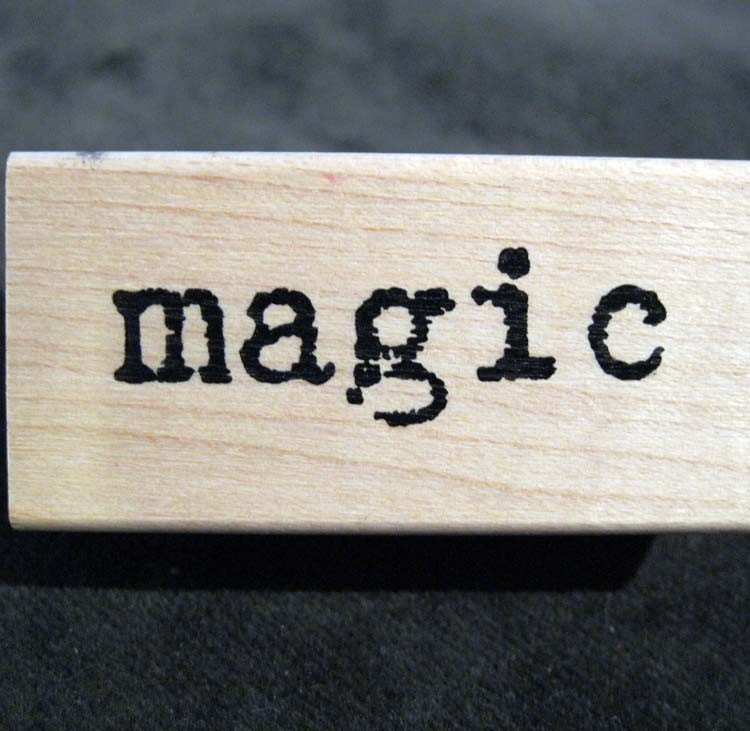

Via Latin, the concept became incorporated into Christian theology during the first century CE.

The Latin language adopted this meaning of the term in the first century BCE. ĭuring the late-sixth and early-fifth centuries BCE, this term found its way into ancient Greek, where it was used with negative connotations to apply to rites that were regarded as fraudulent, unconventional, and dangerous. The Old Persian form seems to have permeated ancient Semitic languages as the Talmudic Hebrew magosh, the Aramaic amgusha (magician), and the Chaldean maghdim (wisdom and philosophy) from the first century BCE onwards, Syrian magusai gained notoriety as magicians and soothsayers. The Persian term may have led to the Old Sinitic *M γag (mage or shaman). The Old Persian magu- is derived from the Proto-Indo-European megʰ- *magh (be able). The English words magic, mage and magician come from the Latin term magus, through the Greek μάγος, which is from the Old Persian maguš. One of the earliest surviving accounts of the Persian mágoi was provided by the Greek historian Herodotus Wicca and LaVeyan Satanism) and magical systems (e.g. This definition was popularised by Aleister Crowley (1875–1947), an influential British occultist, and since that time other religions (e.g. In modern occultism and Neopagan religions, many self-described magicians and witches regularly practice ritual magic defining magic as a technique for bringing about change in the physical world through the force of one's will. During the late nineteenth and early twentieth century, Western intellectuals perceived the practice of magic to be a sign of a primitive mentality and also commonly attributed it to marginalised groups of people. Within Western culture, magic has been linked to ideas of the Other, foreignness, and primitivism indicating that it is "a powerful marker of cultural difference" and likewise, a non-modern phenomenon. Īlthough connotations have varied from positive to negative at times throughout history, magic "continues to have an important religious and medicinal role in many cultures today". It is a category into which have been placed various beliefs and practices sometimes considered separate from both religion and science. Magic, sometimes spelled magick, is the application of beliefs, rituals or actions employed in the belief that they can manipulate natural or supernatural beings and forces.


 0 kommentar(er)
0 kommentar(er)
